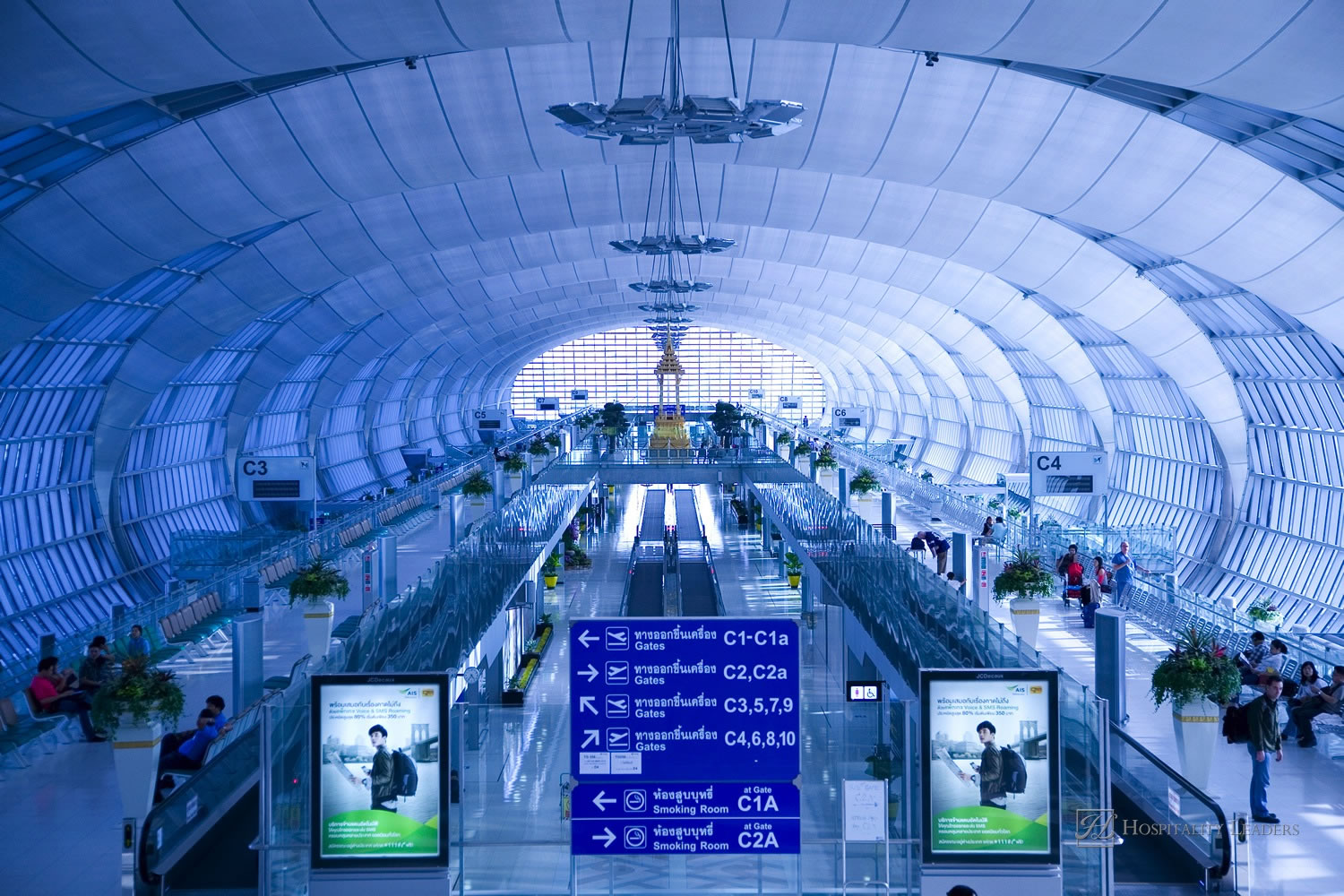
The outlook for tourism, a key industry helping to prop up the Thai economy, is still bright despite the global and national economic uncertainties, according to economists.
To cash in on the creation of the?ASEAN?Economic Community in 2015, the country should link up with neighbouring nations while positioning itself as the hub, observers say.
The government’s goal of Bt2.2 trillion in tourism revenue by 2015 will not be difficult to attain. However, all parties should work together via a strategic policy, they said. According to the Tourism Authority of Thailand, the country will welcome 24.5 million foreign visitors this year.
Associate Professor Somjai Phagaphasvivat, a former senator and former vice rector of Thammasat University, said yesterday that the world’s economic trend in the second half of this year would be positive, especially for the three biggest markets – Europe, the United States and China. In Europe, the austerity measures are producing results. However, for the whole year, the region will suffer a decline.
China is facing a drop in economic growth for the first time in 13 years. Somjai said some analysts forecast its gross domestic product will grow by 7-7.5 per cent this year, while some project 6 per cent and, at worst, 3 per cent. He will take a closer look at China because an unexpected situation could take place in the world’s second-biggest economy.
China has injected huge liquidity into its economy, but new investment has not emerged as expected. Whether to allow credit to spur the economy is a new headache for the government now.
Thailand should look for new markets to boost tourism. Latin America and some African countries are attractive. Brazil, Mexico, Chile, Peru and Colombia are examples in the former. Thailand is a member of the Forum for East Asia-Latin America Cooperation (FEALAC), and tourism is one of the industries to be promoted and discussed.
The country should capitalise on the Asean+3 and +6 schemes. In particular,?ASEAN?should speed up the launch of a single visa for the whole 10-nation bloc and develop an intra-regional tourism-site connection. Thailand should improve its infrastructure, especially airports, to increase its competitiveness.
Thai cuisine, both authentic and fusion, should be promoted aggressively to make the most of the world’s health-conscious trend. Thai food stands to gain more popularity, as Chinese food is going out of style because of its greasiness.
Thanavath Phonvichai, director of the Centre for Economic and Business Forecasting at the University of the Thai Chamber of Commerce, said tourism business was still a rising star. Growth is driven by Asia, especially Asean, Japan and South Korea.
Although such countries as Indonesia and India are seeing their currencies caving in, Thailand’s tourism is still in good shape. Also, even though European countries are in financial trouble, their people keep coming here.
The challenge now is how to raise room rates to help boost tourism revenue. Also, tourism campaigns for Thailand should be made more outstanding and forceful to draw travellers’ attention. Regional countries are coming out to take a piece of the tourism cake and drive their economies.
Thai GDP is projected to grow by 3-5 per cent this year and 5 per cent next year. However, politics is still a risk. The situations in Parliament and rubber-growing areas are tending towards violence, Thanavath warned.

